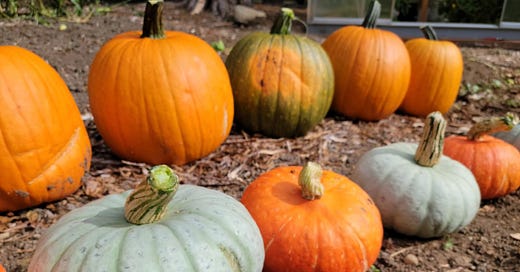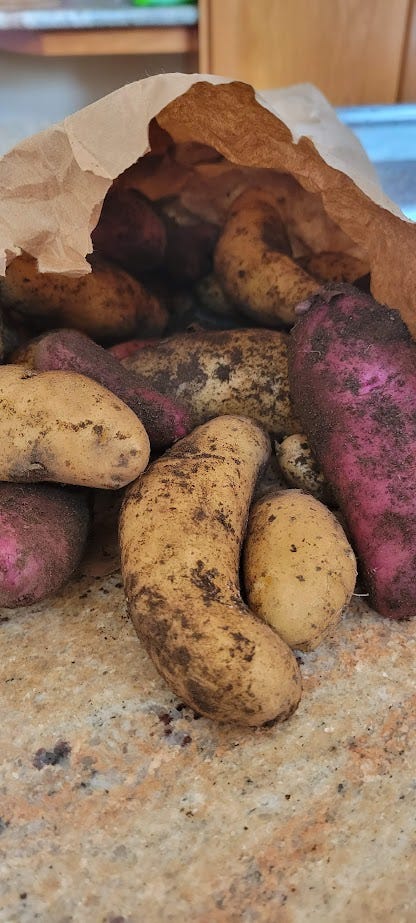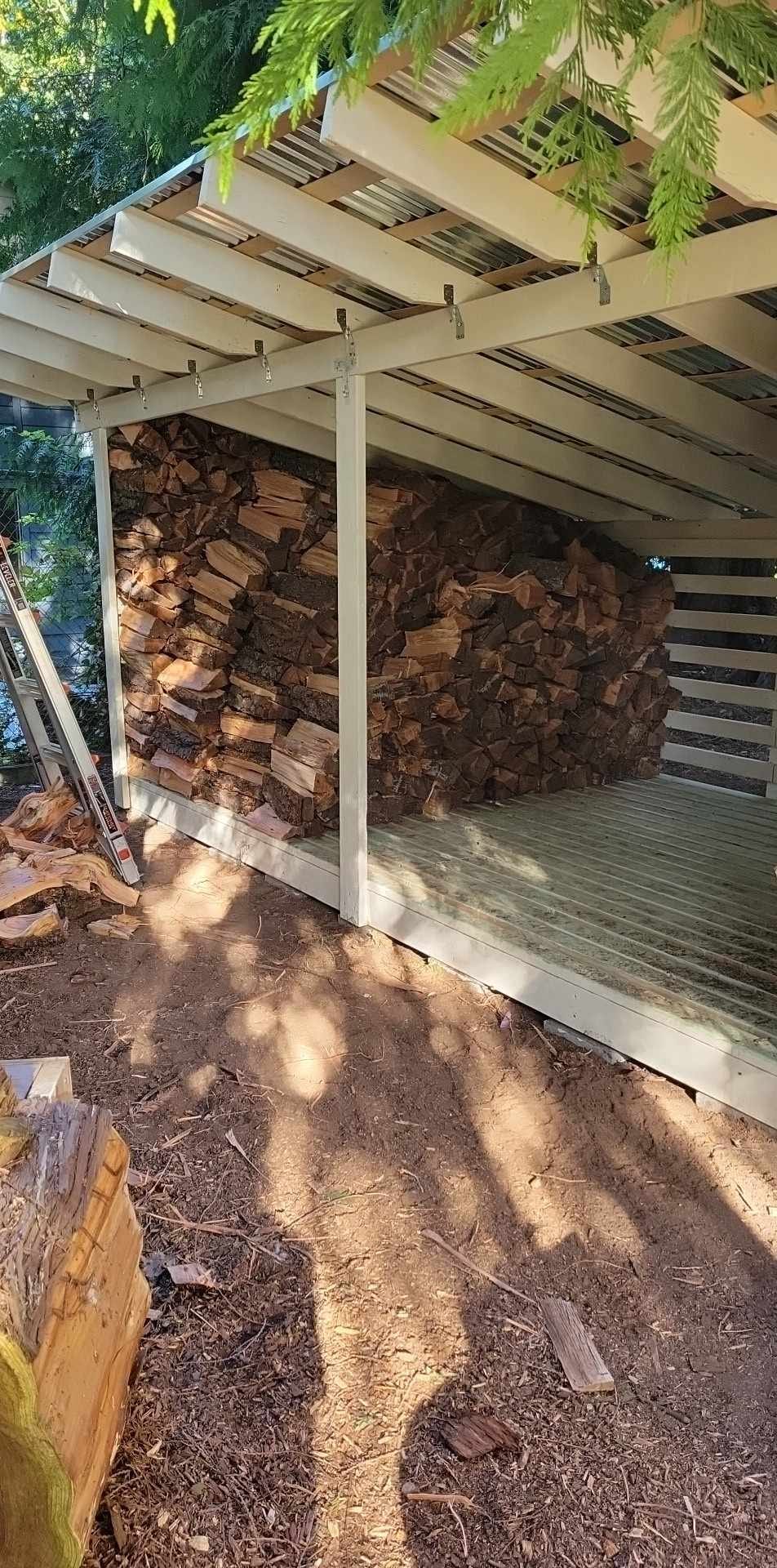At some point around this time of year – when the overnight temps start dropping, when the yellow upright maple out front begins losing leaves from the top, when the squirrels become complete assholes about the sunflowers and shred them all over the yard – the outdoor world loosens its grip, and things begin to fade.
This is my favorite time of the year.
It’s not so much an obsession with death and decay, but a respect for their necessity. After all, the most important thing you can do in a garden is build better soil, and soil needs decay to thrive. And to thrive, it needs to rest. We all need rest to improve.
Lots of plants in the garden will succumb to powdery mildew around now. Atmospheric moisture is increasing, and the most vulnerable plants are the ones who loved the summer heat – zucchini, tomatoes, pumpkins. No amount of pruning for better airflow will keep it from happening (though you can buy some time). Eventually the mildew claims the leaves and stems, the plants slump, the half-developed fruits mold and squish if you try to harvest them. And if you leave them long enough, nature engages in this beautiful sacrifice of the current generation for the sake of the next. The soggy leftover bits of leaves and fruit decay into the upper reaches of soil, their fibrous structure sheltering those layers from too much rain and cold, their lower nutrients bundled carefully around seeds that may emerge in the spring, fat and healthy from so much nitrogen and carbon all around.
Others will stand tall, the wind shaking free their safely dried seeds to find new homes in edges and beds where no one would ever think to plant them.
This abundance isn’t just for the soil and the next generation of plants to come. It is for the birds, for the bees, for the millipedes who will greedily eat and store away a cache of nutrient-dense food before their winter torpor takes over.
Now is a time of abundance.
Pumpkins and winter squash cure in the last warm rays of sunshine, their interiors sweetening and drying for storage. Others like broccoli and cabbage and kale will slow their growth, focusing on preserving nutrients. Frosts inspire these plants to convert starches into sugars, much like anti-freeze in your car, which keep their leaves and roots from freezing when temperatures drop even lower.
The pole and bush beans have dried in their pods. Threshed by the hands of children eager to see what color the speckled seeds inside will be, they have dried and shrunk into their hard casings, ready to wait out the winter for planting in spring or to be used in chili for school lunches.
Carrots and turnips and beets, along with all of the other cold-hardy roots, have sized up in the soil and will wait patiently until we dig them, even if their tops are shrouded in snow. As biennials they intentionally store sugar in those tap roots to send up a flower stalk in the spring, so the clock is ticking on how long we can harvest them and *want* to consume them.
Potatoes and onions are dug and stored in the dark, and their color and flavor will only deepen and become more lovely over time.
Apples. Can I tell you how much my heart sings at the scent and flavor of Alkmene or Liberty or Winesap or Ellison’s Orange fresh off the tree and shined up on a shirt? I’m competing with the local wildlife to get that fruit in the house before it has toothmarks on it.
Harvested, pruned back, swept up, and cover cropped, the roots of perennials will grow and spread while the world above is cold and dark. There is so much unseen progress there.
And while we stack up boxes and bags of our winnings inside, we are kept warm by the wood, split and stored and dried from the trees that made room for our garden to grow.
This? This is real wealth. The whole year was driving us toward this moment, and now is the payoff for the hard work, the long hours digging in the sun. Now is the time to walk a little slower, to breathe a little deeper, and to sit a little longer by the woodstove sipping freshly pressed cider. I’m so happy this time has finally arrived.
Your autumn-loving trans friend,
Robin








“This is real wealth.”💙